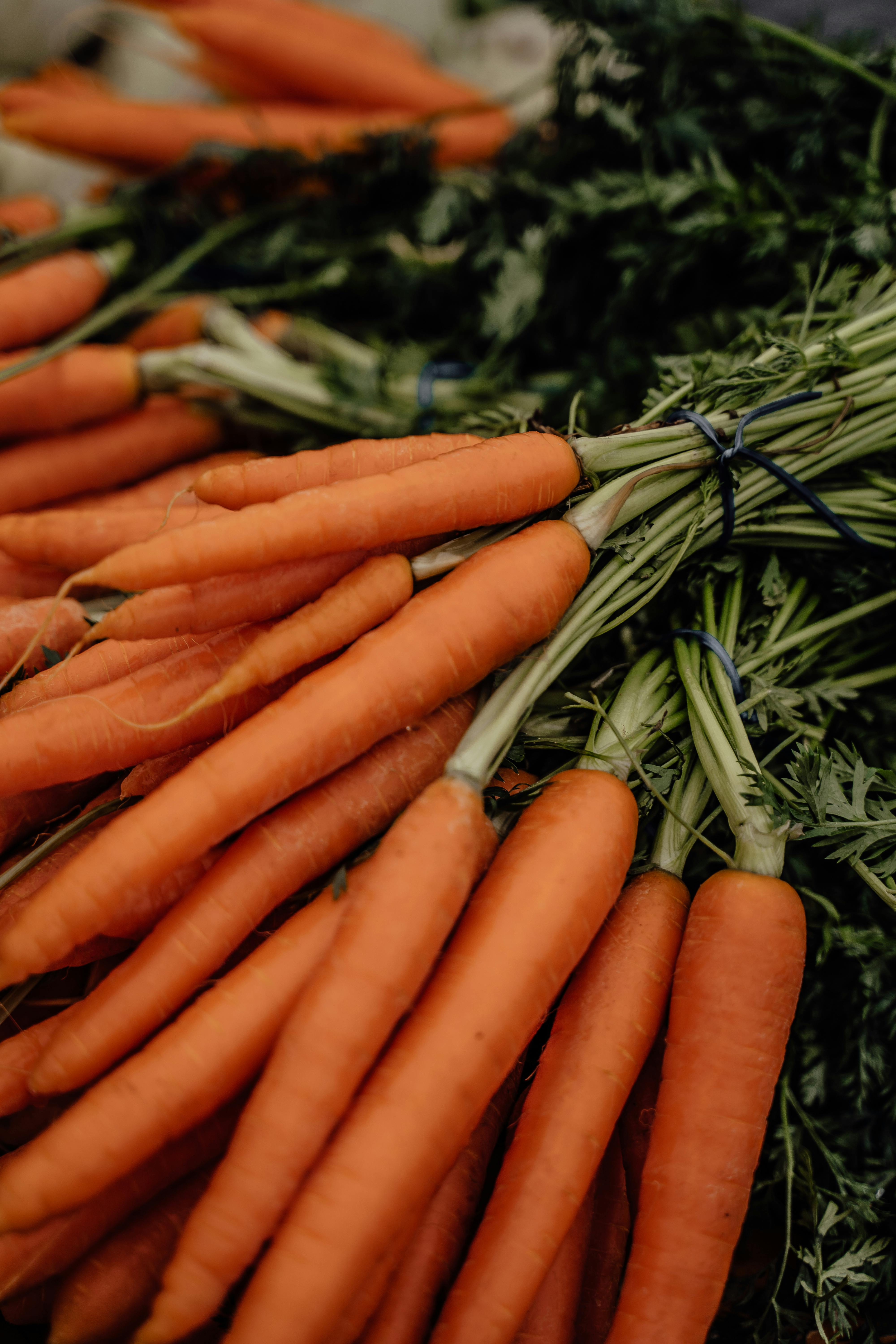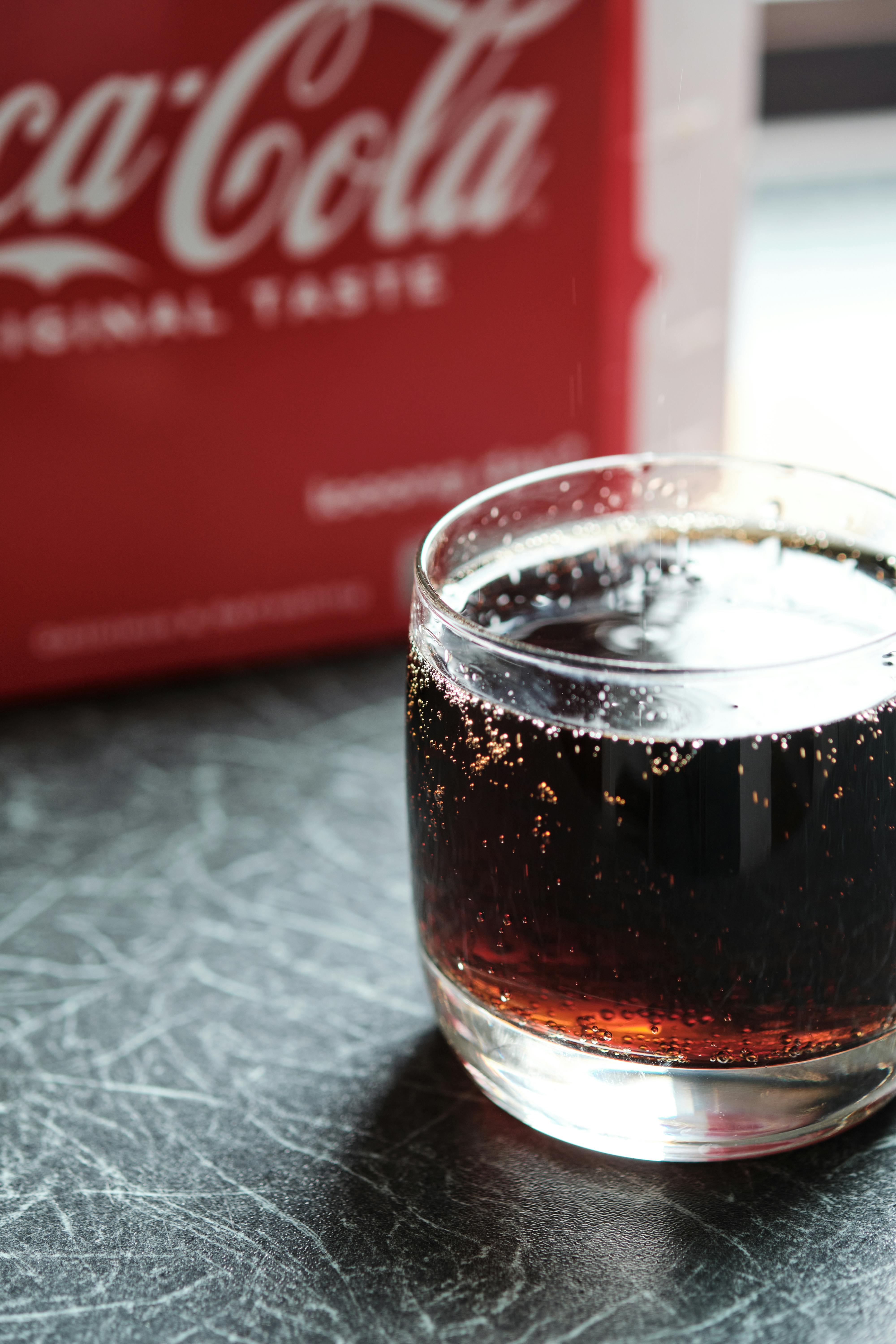
Essential Guide to CrossFit Diet for Optimal Performance
The CrossFit diet is fundamental for athletes seeking to enhance their performance and achieve their fitness goals. A well-structured CrossFit meal plan not only fuels the body but also aids in recovery, muscle gain, and fat loss. As you embark on your CrossFit journey, understanding nutrition for CrossFit becomes crucial. This guide will explore various aspects of the CrossFit diet, including the best foods for CrossFit, dietary guidelines, meal prepping strategies, and essential supplements. By following these principles, you can elevate your performance and health.
The diet you choose impacts your energy levels and overall effectiveness during workouts. Learning about macronutrients, hydration, and meal timing is essential to optimize your CrossFit experience. Moreover, understanding different dietary approaches, such as paleo and vegan, can provide you with a customized plan that suits your lifestyle. This article will cover:
- Best foods and supplements for CrossFit
- High-protein diets and carb cycling
- Nutrient timing and hydration strategies
- Meal prepping tips for CrossFit
- Dieting strategies for competition
By the end, you’ll have a comprehensive understanding of CrossFit nutrition that you can implement to boost your performance.
Understanding Macronutrients for CrossFit Performance
Building on our introduction, it’s critical to grasp the role of macronutrients in your CrossFit diet. Macronutrients consist of proteins, carbohydrates, and fats, each playing a unique role in fueling your workouts and recovery.
Proteins: The Building Blocks for Muscle
Proteins are essential for muscle repair and growth. For CrossFit athletes, aiming for a high protein intake of around 1.2 to 2.2 grams per kilogram of body weight helps in muscle recovery and synthesis. Incorporating lean meats, fish, eggs, and plant-based proteins like legumes and tofu is crucial.
Common mistakes include neglecting protein sources and relying solely on protein shakes. Whole food sources provide additional nutrients that help in recovery.
Carbohydrates: Fuel for Intense Workouts
Carbohydrates are paramount in providing the energy needed for high-intensity training. They help replenish glycogen stores post-workout. Focus on consuming complex carbs such as whole grains, fruits, and vegetables. During periods of increased training intensity, carb cycling can also be beneficial.
Further, being mindful of simple carbohydrates can provide quick energy when needed, especially before workouts.
Healthy Fats: Supporting Overall Health
Healthy fats are vital for hormonal balance and joint health. Incorporating sources like avocados, nuts, and fatty fish ensures you meet your caloric needs while supporting endurance. Be cautious of high saturated fat intake, which could adversely affect heart health.
To effectively manage your fat intake, consider tracking your macros if you're unsure where to start (macro tracking for CrossFit). This practice helps in distributing your meals adequately throughout the day.
The Best Foods for CrossFit Athletes
With your macronutrient knowledge in hand, let's explore the best foods that should be staples in your CrossFit diet. A varied CrossFit food list ensures you’re receiving all essential nutrients while keeping meals interesting and enjoyable.
Nutrient-Dense Foods for Recovery
To support recovery and replenish glycogen stores, incorporate nutrient-dense foods. These include sweet potatoes, quinoa, and spinach. They not only provide carbohydrates but are also rich in vitamins and minerals essential for muscle recovery and overall health.
When meal prepping for CrossFit, plan meals that showcase these foods for a balanced approach.
High Protein Snacks to Fuel Workouts
Healthy snacks, like Greek yogurt, protein bars, and nuts, are effective during training sessions to provide an energy boost. Having snacks ready can prevent depletion during your workouts, ensuring consistent performance.
Be sure to read labels on protein bar ingredients; some can contain excessive sugars which can counteract your nutrition goals.
Hydration Strategies for Performance
Hydration is a cornerstone of CrossFit performance. Water is essential, but electrolytes are critical post-intense workouts, especially if you sweat heavily. Incorporating electrolyte-rich drinks or foods helps maintain balance and optimal performance.
Consider preparing a hydration plan, ensuring you’re adequately fueled before, during, and after your workouts.
Meal Timing and Pre/Post Workout Nutrition
Understanding meal timing can significantly impact your performance during workouts. Eating at strategic times can maximize energy availability and recovery.
Pre-Workout Nutrition for Energy
Prior to a workout, aim for a balanced meal containing carbohydrates and protein. This combination enhances energy levels and prepares your body for the intensity of CrossFit. Foods like oatmeal with nut butter or a smoothie with fruits are great options.
Avoid heavy meals before training to prevent discomfort during workouts.
Post-Workout Nutrition for Recovery
Post-workout nutrition should also focus on protein and carbohydrates to kickstart recovery. Aim to consume a meal or snack within 30 minutes post-training for maximum benefit. Protein shakes combined with fruits or a balanced meal prepares your muscles for effective recovery.
Incorporating anti-inflammatory foods like turmeric can further enhance recovery effectively.
CrossFit Diet Strategies for Specific Goals
Your specific goals should significantly influence your CrossFit diet strategy. Whether you aim for fat loss, muscle gain, or competition preparation, having a tailored approach is essential.
Fat Loss Strategies for CrossFit Athletes
For those focusing on fat loss, a high protein diet and proper caloric deficit should guide meal plans. Implementing nutrient timing and considering flexible dieting strategies allows for sustainable calorie tracking.
Utilizing meal prepping can keep you on track while avoiding impulsive eating.
Muscle Gain Diet for CrossFit
In contrast, if your goal is muscle gain, consuming excess calories with high-quality protein sources, coupled with strength training, is essential. Consider integrating supplements like creatine to enhance muscle growth along with a calorie surplus.
Monitoring protein timing around workouts can optimize protein synthesis further.
Nutrition for CrossFit Competitions
Preparing for a CrossFit competition requires heightened focus on nutrition. Customized meal plans with a balance of macronutrients, micro-adjustments in hydration, and possibly pre-competition carb loading can yield significant benefits.
Consulting a CrossFit nutrition coach can provide insights tailored to your competition demands.
Conclusion and Key Takeaways
This essential guide has provided insights into developing a CrossFit diet tailored to optimize your performance. Key components include understanding macronutrients, selecting the best foods, and timing your meals effectively. By adopting these strategies, you set yourself on a path towards exceptional performance and recovery.
Remember to assess your individual needs, whether you’re looking to lose fat, gain muscle, or compete at a higher level. Nutrition is not just about food; it’s a critical aspect of your CrossFit journey.

 ```
```